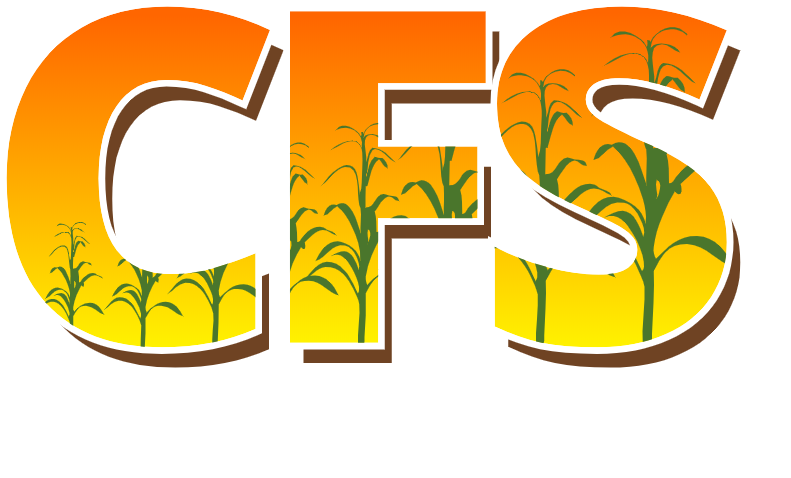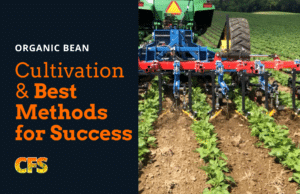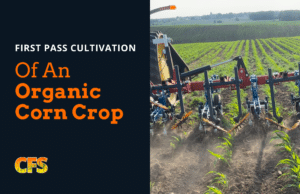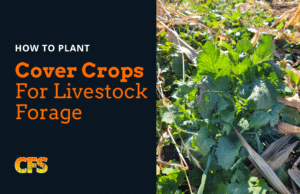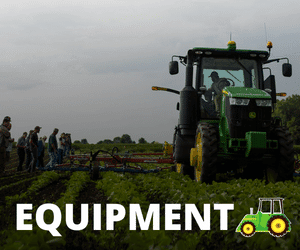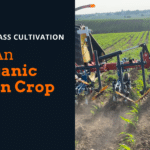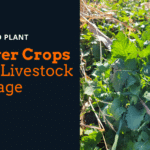As organic agriculture grows in Minnesota, you might be thinking about transitioning to organic. The financial incentives might be the final nudge you need before getting your hands dirty with mechanized organic farming.
To safeguard the quality and continuity of farm produce in Minnesota, certain organic crop certification agencies in Minnesota have been put in place. These agencies operate under the accreditation of the United States Department of Agriculture. They include both private and government entities. They function by certifying organic crop production, livestock production, wild crop harvesting, and of course, processing.
MN Organic Crop Certification Agencies
A comprehensive list of other organic crop certification agencies in Minnesota can be found here.Minnesota Crop Improvement Association
Operating out of St. Paul, MN, this organization is committed to helping farmers improve their productivity, profitability, and marketability.
CCOF Certification Services
This certifier was founded in California over 40 years ago. They provide certification services in Minnesota and throughout North America.
Global Organic Alliance, Inc.
If you are looking for a certification agency that can help connect you with other organic farmers and partners in Minnesota, look no further.
How to Become a Certified Organic Farmer, MN
Now you’re well aware of the certification agencies you work with in Minnesota, next you need to determine how exactly you’re going to become a certified organic farmer in Minnesota.
Pro tip – Using ORMI certified organic fertilizer will help fast track your transition. Crop Fertility Services has the right products and tools to get you started.
The crop production certification process, according to the Minnesota Crop Improvement Association (MCIA), accommodates producers of field crops, vegetables, fruits, seeds, nursery stocks, and seedlings. Its steps include:
1. Contact the MCIA to gain help with preliminary information needed to begin the process.
2. Develop your Organic System Plan (OSP), which has a detailed description of your fertility management plans disease, insects and pest control systems, type of crop rotation used, equipment listing, and land description.
3. Fill out OSP and other related forms, along with applicable fees
4. Satisfy the MCIA scheduled site inspector’s report.
5. Receive a satisfactory status from the MCIA’s report. Once you pass, you will be certified organic.
By following all the requirements and steps of the MCIA, your MN organic crop farmer certification is off to a great start!
Pro tip – Talk with your suppliers as you pursue a certified organic status.
Their experience with organic agriculture can be a valuable resource, especially at the start. Crop Fertility Services has supported many farmers during their transitions.
If you are looking for affordable, accessible, and nutrient rich manure for your organic farm, consider chicken manure pellets for crops. Contact us today to learn more.
